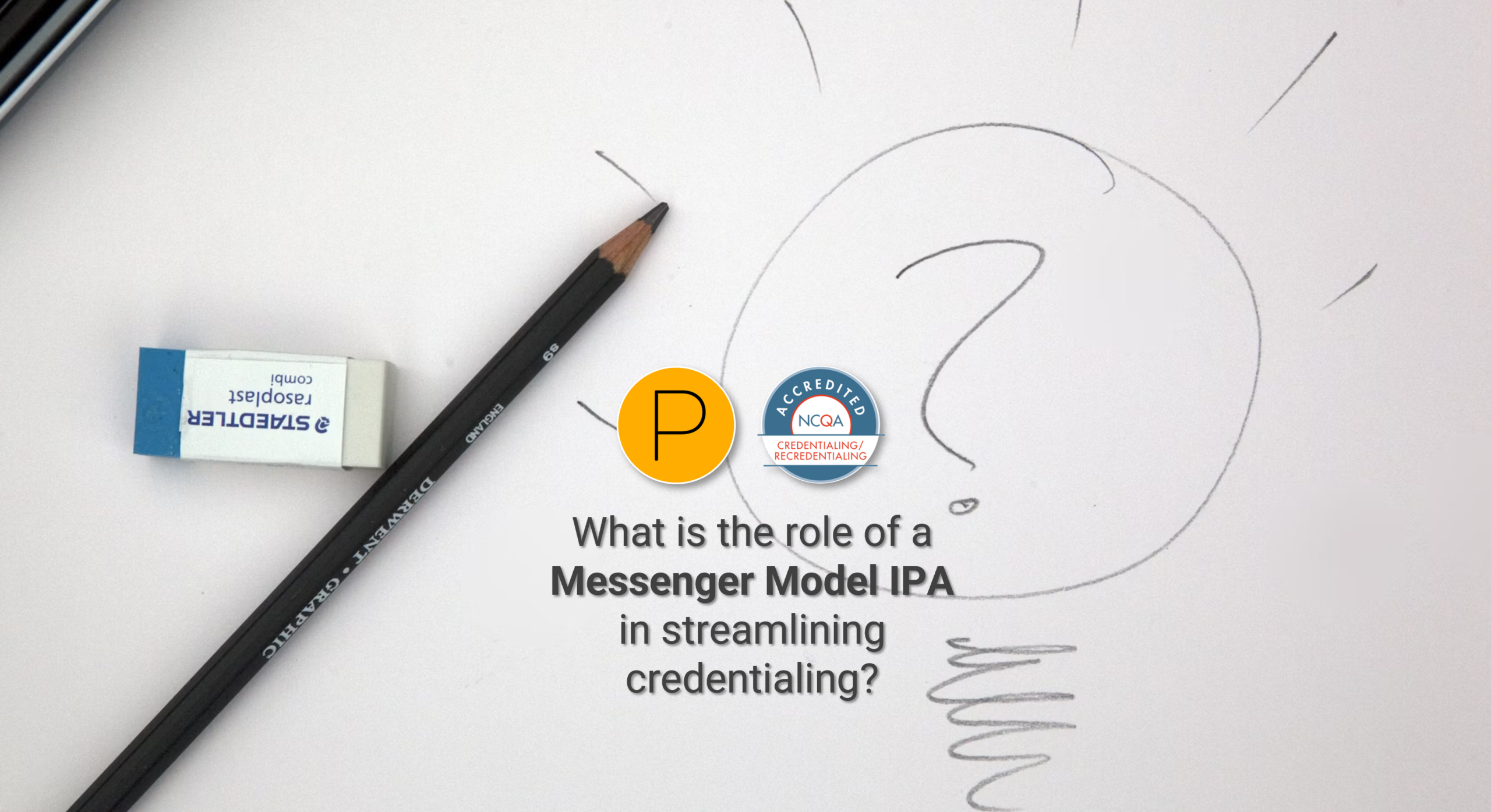NCQA credentialing accreditation validates a credentialing service provider as having met the high measurement and standards of NCQA credentialing accreditation requirements. NCQA credentialing accreditation can help ensure adherence to a set standard of care and help increase the authority and effectiveness of a CVO.
Organizations that seek NCQA credentialing accreditation must be evaluated every two or three years. Healthcare is an industry that warrants constant monitoring. Patient safety should be paramount and not left to occasional discretionary measures.
What is NCQA?
The National Committee for Quality Assurance (NCQA) was founded in 1990 as an independent nonprofit. They seek to improve healthcare quality by administering evidence-based standards, programs, and accreditation. By studying how well health plans and physicians provide scientifically recommended care, NCQA can drive health care improvement with the standards they define and maintain.
NCQA’s high ethical standards are written in the NCQA Code of Conduct and are respected in and are respected within the healthcare industry. Both government and private sector clients hire NCQA to help measure and improve their quality of care. Over 173 million people are enrolled in NCQA Accredited health plans. Over 10,000 practice sites and 50,000 clinicians have gained the NCQA PCMH (Patient-Centered Medical Home) Recognition seal.
NCQA measures and improves its standards by surveying the people involved with health care. Consumers, employers, and federal and state government officials are all surveyed by NCQA to create, measure, and modify their standards.
NCQA aims to help lower costs and improve patients’ experience. NCQA believes that releasing results from thorough surveys to the public can help everyone in the industry set higher goals in the ongoing quest to improve care.
What is the standard for NCQA credentialing accreditation?
NCQA Credentialing Accreditation evaluates any organization that provides credentialing services to ensure the credentialing organization maintains a high-quality standard for its provider clients.
NCQA describes credentialing services as including:
- Verifying provider credentials through a credentials verification organization, an employee, or contracted agent of the primary source.
- Reviewing provider credentials and making credentialing recommendations via a committee.
- Monitoring provider sanctions, complaints, and quality issues between re-credentialing cycles.
Per NCQA, credentialing organizations must meet specific criteria to pursue NCQA credentialing accreditation, including:
- Credentialing organizations must NOT be licensed as an HMO (health maintenance organization), POS (point of service), PPO (preferred provider organization), nor be an EPO (exclusive provider organization).
- Credentialing organizations must NOT be eligible for NCQA Accreditation as a health plan or an MBHO (managed behavioral health organization).
- Credentialing organizations MUST perform credentialing functions directly or via a contractual agreement.
- Credentialing organizations MUST perform credentialing tasks for at least 50% of the practitioner network of clients and organizations.
NCQA reviews credentialing organizations’ policies and procedures to ensure they adhere to the NCQA’s elevated level of quality.
NCQA credentialing accreditation requirements include elevated factors.
An overview of NCQA credentialing accreditation evaluated factors include:
- The type of practitioners that are credentialed.
- An organization’s credentialing policies and procedures must include medical and behavioral healthcare practitioners.
- Medical and behavioral healthcare practitioners include medical doctors, oral surgeons, nurse practitioners, addiction medicine specialists, doctoral or master’s-level psychologists, and master’s-level clinical social workers.
- The verification sources an organization uses.
- Organizations must use a primary source, a contracted agent of the primary source, or an NCQA-accepted source listed for the credential.
- The organization’s decision-making criteria and process.
- The organization must credential practitioners before they provide care to patients.
- The organization must have a process for making credentialing decisions and determine which practitioners can participate in a network.
- The organization’s process determines and approves files that meet the decision-making criteria.
- The organization’s level of confidentiality.
- This includes the procedures that keep the information confidential.
- Nondiscriminatory credentialing procedures.
- The organization will be graded on how well they monitor credentialing decisions to prevent discrimination.
- The organization must specify how they prevent discrimination.
- They must be initiative-taking in their efforts by monitoring any discrimination.
- Proper monitoring includes audits of files that suggest potential bias and any practitioner complaints.
- The policies involving discrepancies in credentialing information.
- NCQA will evaluate the organization’s procedures for notifying practitioners when information obtained from external sources differs from the information provided by the practitioner.
- How well the organization notifies practitioners.
- How the organization notifies practitioners about their right to review the information submitted to support their credentialing application.
- How the organization notifies practitioners to correct incorrect information and receive the status of their credentialing application upon request.
- This includes giving practitioners time and instructions on how to correct mistakes.
- The timeliness of an organization’s notification process regarding credentialing decisions.
- Notifications must not exceed 60 calendar days from the actual decision.
- Notifications can be delivered in many ways, such as websites and letters to the practitioners.
- How credentialing information is received, stored, reviewed, and tracked.
- How the organization tracks any modifications made to credentialing information.
- Including noting when the modification was made, who did it, and why.
- The organization’s policies regarding the authorization to modify information.
- The organization’s audit process to identify and assess system security control risks.
- How the organization limits physical access to the credentialing information they have acquired.
- One method an organization can employ a password-protected electronic system and insist authorized personnel use strong passwords unique to each employee.
- How the organization acquires advice and expertise from participating practitioners when it makes credentialing decisions.
- NCQA will evaluate the credentialing committee’s credentials and if the committee is composed of practitioners who practice in the applicant’s field of specialty.
- The credentialing committee’s review process.
- The committee is expected to consider credentialing information and document any discussions about credentialing in meeting minutes.
- Meetings may take place in real-time or virtually. They may not be entirely conducted via email.
- How well the organization presents all relevant files to the credentialing committee.
- How timely the organization conducts the verification of a practitioner’s information.
- This includes verifying that a practitioner has a current and valid license to practice medicine, and a valid DEA (Drug Enforcement Administration) or CDS (controlled and dangerous substances) certificate (if applicable).
- Verification includes verifying proper education and board certification status (if applicable) within prescribed time limits.
- A practitioner’s work history and history of professional liability claims that resulted in a settlement must also be verified within a time limit.
- How well the organization verifies sanction information for credentialing.
- Sanctions can include state, Medicare, and Medicaid sanctions.
- The credentialing application.
- Information that applications must solicit includes any reasons the practitioner cannot perform the essential functions of a position.
- Information also includes a history of loss of license, felony convictions, disciplinary actions, and current malpractice insurance coverage.
- The organization’s ability to identify and act on critical quality issues during formal credentialing.
- Ongoing monitoring includes reviewing Medicare and Medicaid sanctions.
- Critical quality issues also must include complaints and information regarding adverse events.
- The organization’s objectivity when dealing with a practitioner who does not meet its quality standards.
- The organization’s policies dictate the appeal process should a practitioner not meet standards.
- These policies must be made known to affected practitioners.
- The quality of an organization’s contracted providers.
- These providers must be in good standing with governmental regulatory bodies.
- An accrediting entity must approve providers.
- How an organization delegates credentialing responsibility.
- This includes reviewing a delegate’s credentialing activities and evaluating them against NCQA standards.
NCQA scores credentialing organizations by determining if they meet a specified number of factors. NCQA offers resources that can help organizations prepare for NCQA credentialing accreditation evaluation.
Resources include a Survey Tool that helps explain NCQA guidelines and standards. The Survey Tool can help organizations determine their readiness for evaluation and calculate their potential survey score. NCQA also offers training to help organizations better prepare for evaluations. Courses are live online, on-demand, or in person.
What are the benefits to providers using an organization with NCQA credentialing accreditation?
NCQA Credentialing Accreditation can positively impact a credentialing organization’s performance and improve the quality of the credentialing process. The benefits can trickle down to accredited physicians and then to their patients.
NCAQ Credentialing Accreditation can help credentialing organizations:
- Deliver efficient and accurate credentialing. Timeliness and accuracy are essential elements that help ensure that only qualified physicians can practice medicine.
- Align with and adhere to state requirements. A credentialing organization that knows the requirements can follow them closely to operate more effectively and without interruption.
- Enhance business operations.
- Expand revenue streams and secure new contracts. An accredited organization can leverage its status when promoting its services.
- Demonstrate their programs’ quality to employers, regulatory agencies, health plans, and MBHOs. An organization that employs the industry’s best practices can be seen as a leader in its field.
Using a credentialing organization with NCQA credentialing accreditation can help ensure that a healthcare provider is promptly and accurately credentialed so they can start seeing patients quickly. This helps begin the billing process as soon as possible, which can expedite and increase revenue.
Currently, only 136 credentialing providers and CVOs have a three-year, NCQA credentialing accreditation in the United States. Working with an organization with NCQA credentialing accreditation can be valuable in helping a provider feel confident that their credentialing is being performed by a team of experts adhering to the highest of possible standards.
More information on NCQA
NCQA is an independent, not-for-profit organization dedicated to assessing and reporting on the quality of managed care plans, managed behavioral healthcare organizations, preferred provider organizations, new health plans, physician organizations, credentials verification organizations, disease management programs, and other health-related programs. Visit NCQA.org for more information.
More information about Fifth Avenue Healthcare Services
Fifth Avenue Healthcare Services is a NCQA Credentialing Accredited family of healthcare companies. Sister companies include 5ACVO (credentialing and primary source verification specialists), Fifth Avenue Agency (MPLI and medical malpractice insurance specialists), and Primoris Credentialing Network (credentialing and provider enrollment specialists with 54+ health plan and network provider enrollment options).
For information on Fifth Avenue Healthcare Services, please visit FifthAvenueHealthcareService.com or Contact Us.












